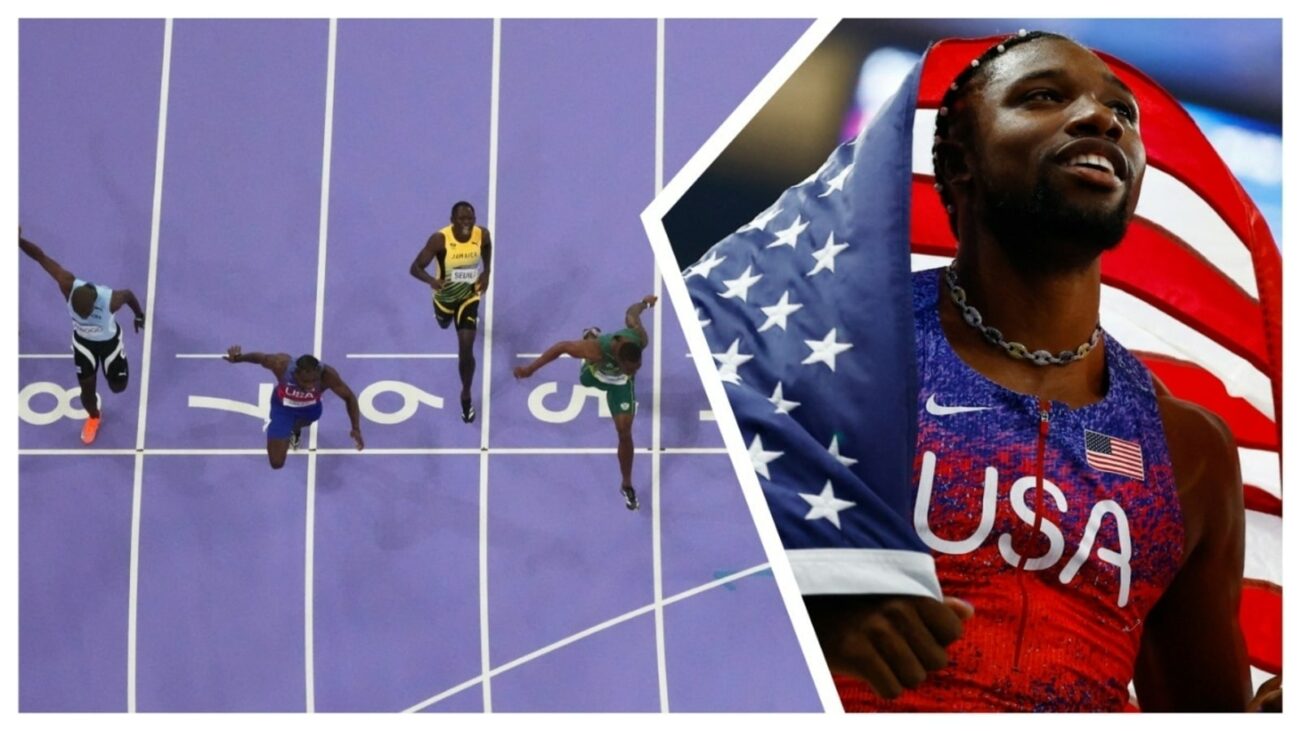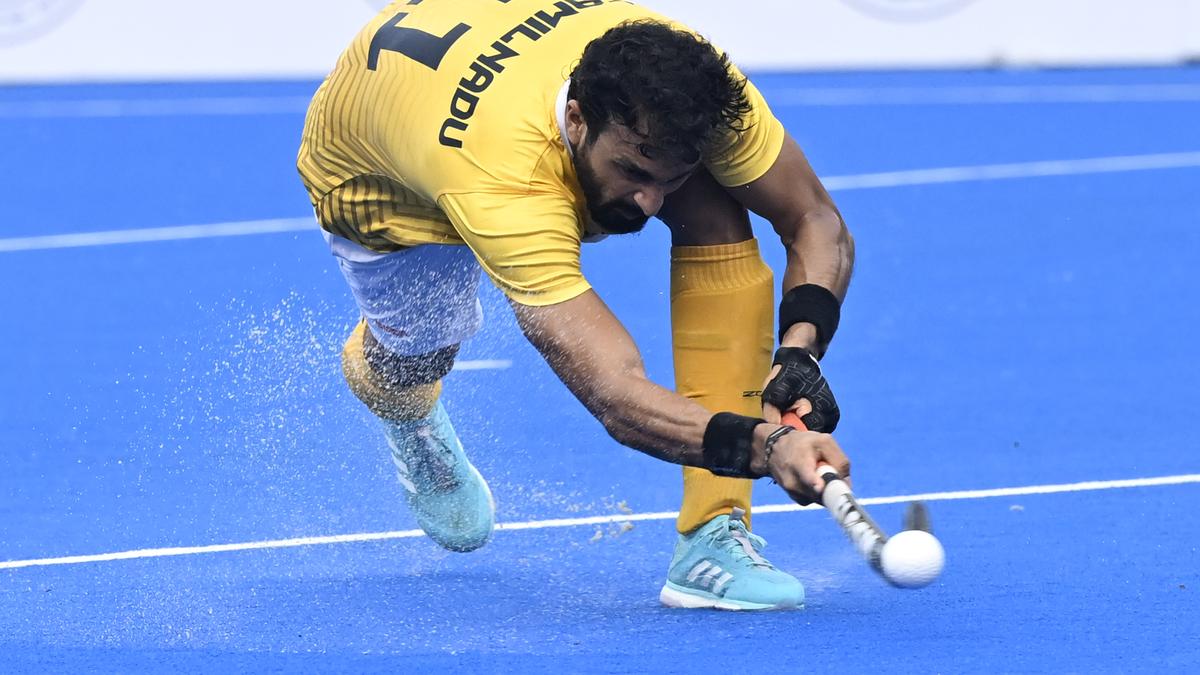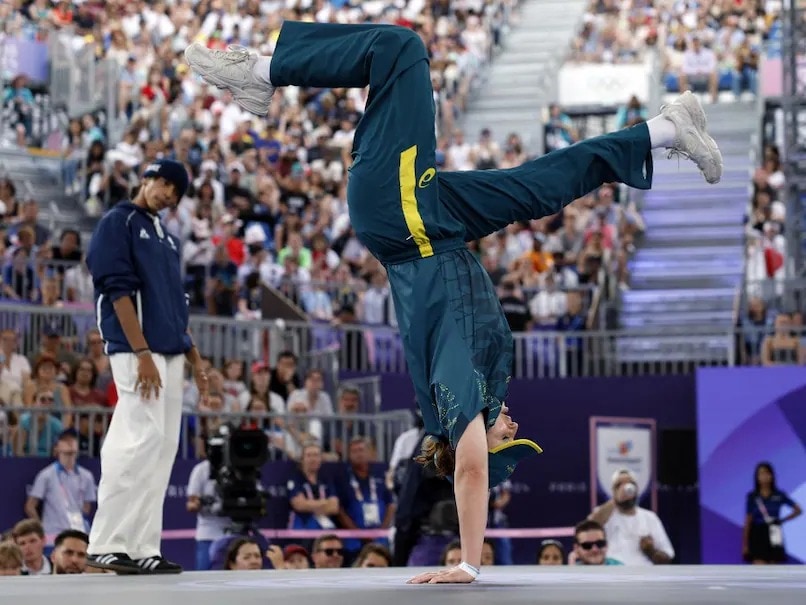Noah Lyles, the reigning world champion, has etched his name in the annals of Olympic history by claiming the coveted men’s 100m gold medal at the Paris 2024 Games. In a thrilling photo finish, Lyles emerged victorious by a mere five-thousandths of a second, becoming the fastest man on the planet.
Lyles’ triumph was the culmination of a remarkable journey that began with a sluggish start in the semi-finals. Despite being behind British sprinter Louie Hinchliffe, Lyles’ determination and showmanship shone through. With his signature sunglasses, hat, and mask, he captivated the crowd and sent a clear message that he was a force to be reckoned with.
In the final, Lyles faced a formidable challenge from Jamaica’s Oblique Seville, who had given him a “death stare” in the semi-finals. However, Lyles remained unfazed and executed a flawless dip at the finish line, edging out Thompson by the narrowest of margins.
Lyles’ victory marked the closest-ever Olympic 100m final, with both him and Thompson clocking in at 9.79 seconds. The American’s time of 9.784 seconds ultimately separated him from Thompson’s 9.789 seconds. American Fred Kerley claimed the bronze medal in 9.81 seconds, while South Africa’s Akani Simbini finished fourth.
Lyles’ triumph is a testament to his exceptional talent and unwavering determination. He now sets his sights on becoming the first sprinter since Usain Bolt to win both the 100m and 200m events at the Olympics. Bolt, the undisputed sprint king, holds the world records for both events and has won eight Olympic gold medals.
Lyles’ victory in Paris has reignited the debate about whether he can match Bolt’s legendary status. While Bolt’s 100m Olympic record of 9.63 seconds remains untouched, Lyles’ potential to create his own legacy is undeniable. The Paris Games will undoubtedly provide another thrilling chapter in the rivalry between these two exceptional sprinters.






